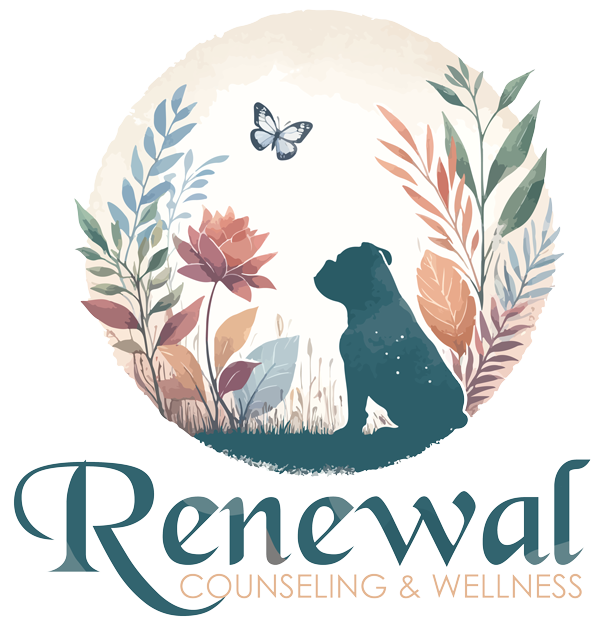Introduction: Grief is a universal human experience, an emotional journey that we all must undertake at some point in our lives. It is an intricate tapestry of emotions that weaves through the fabric of our existence, leaving an indelible mark on our hearts. In this blog, we will explore the nuances of grief, the waves that crash upon the shores of our souls, and the compass that guides us through the turbulent seas of sorrow.
The Landscape of Grief: Grief is not a linear path but a complex terrain with peaks and valleys. It is a landscape where sorrow, anger, denial, and acceptance are the landmarks that shape our journey. Understanding that grief is a unique experience for each individual allows us to appreciate the diversity of emotions and responses that accompany loss.
The Waves of Grief: Imagine grief as an ocean with waves of varying intensity. Initially, the waves may be overwhelming, crashing relentlessly against the shores of our hearts. Shock, disbelief, and pain may seem insurmountable. As time passes, the waves may subside, only to return unexpectedly, triggered by memories, anniversaries, or even the simplest things. Recognizing these waves and learning to ride them becomes an essential skill in the process of healing.
The Compass of Coping: In the vast expanse of grief, a compass becomes our guide—a set of tools and coping mechanisms that help us navigate the tumultuous waters. Here are some key points on the compass:
- Permission to Grieve: Allow yourself the time and space to grieve. Society often expects a quick recovery, but healing is a personal journey that unfolds at its own pace.
- Seek Support: Reach out to friends, family, or a grief support group. Sharing your feelings with others can provide comfort and understanding.
- Self-Compassion: Be kind to yourself. Grief is not a sign of weakness but a testament to the depth of your love and connection with what or whom you've lost.
- Memorializing: Find meaningful ways to honor and remember your loved one. Creating rituals or dedicating time to reminisce can be healing.
- Professional Help: If needed, consider seeking the support of a therapist or counselor. Professional guidance can provide tools to cope with the complexities of grief.
Conclusion: Grief is a journey that transforms us, leaving us forever changed. It is an expression of love, a testament to the beauty of the connections we forge in our lives. By acknowledging the waves of grief and embracing the compass of coping, we can navigate this intricate terrain and find a path toward healing. Remember, in the ebb and flow of sorrow, there is strength, resilience, and the potential for profound personal growth.

